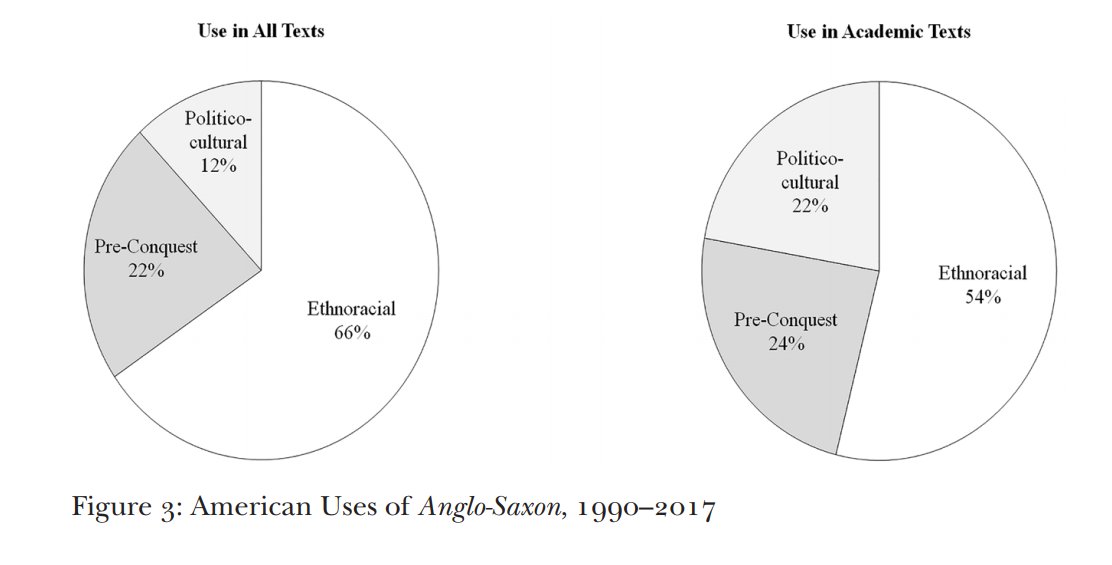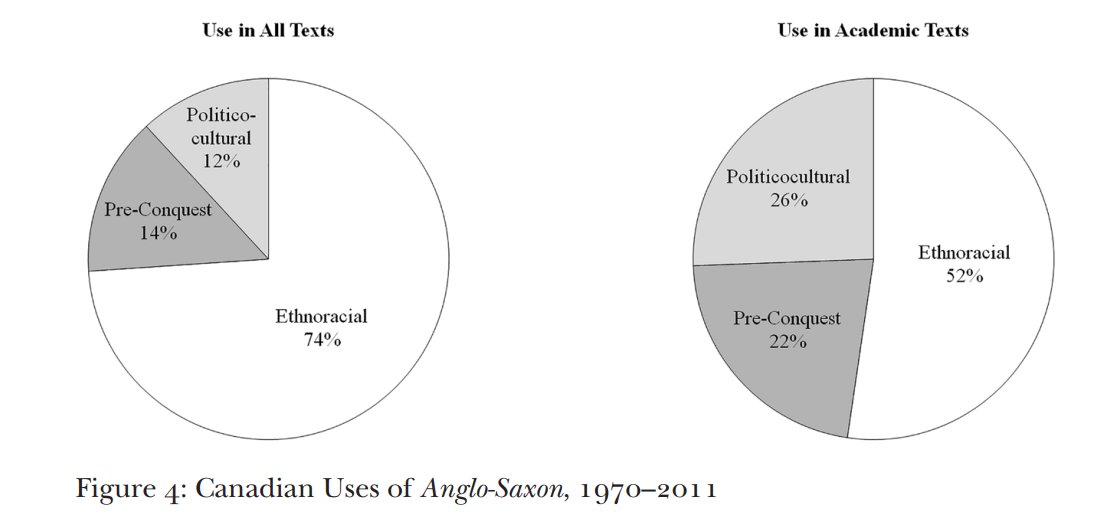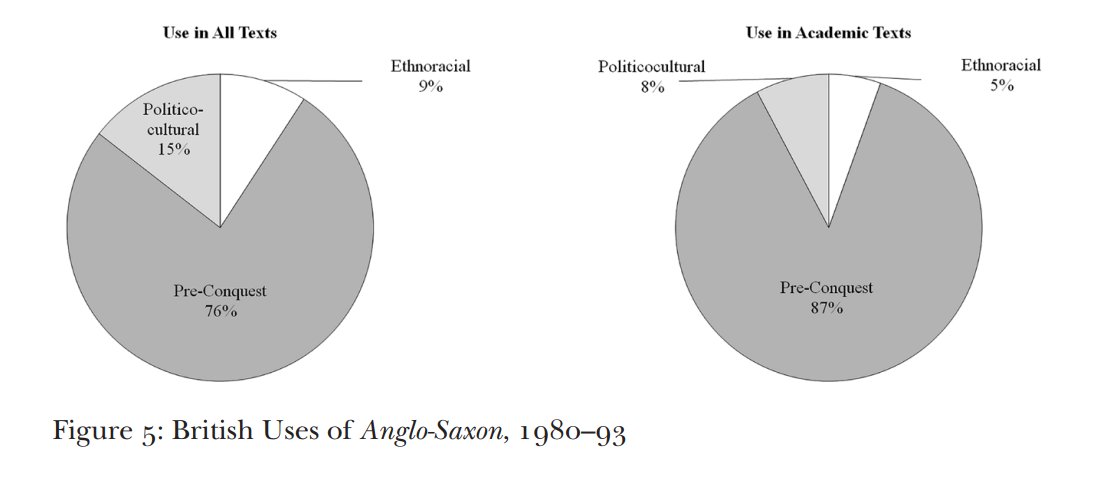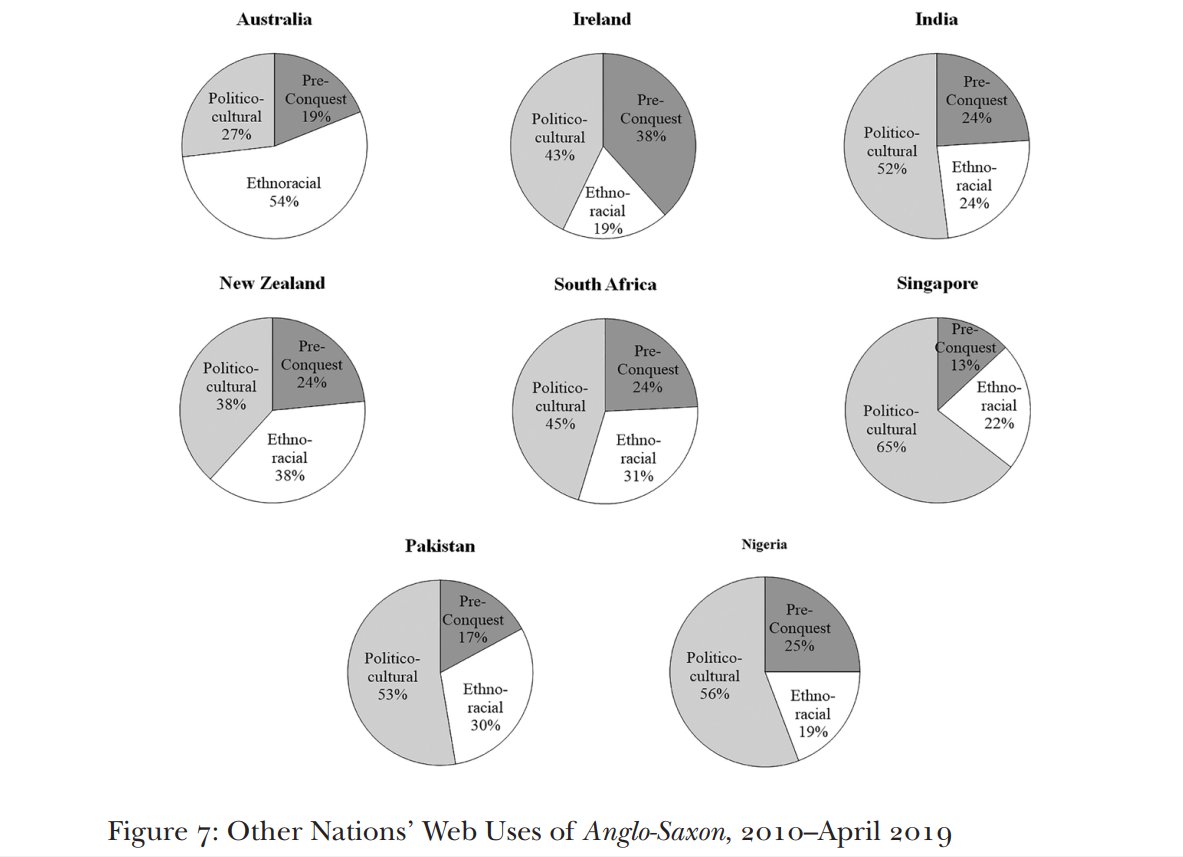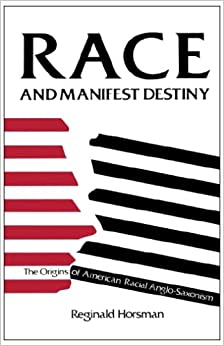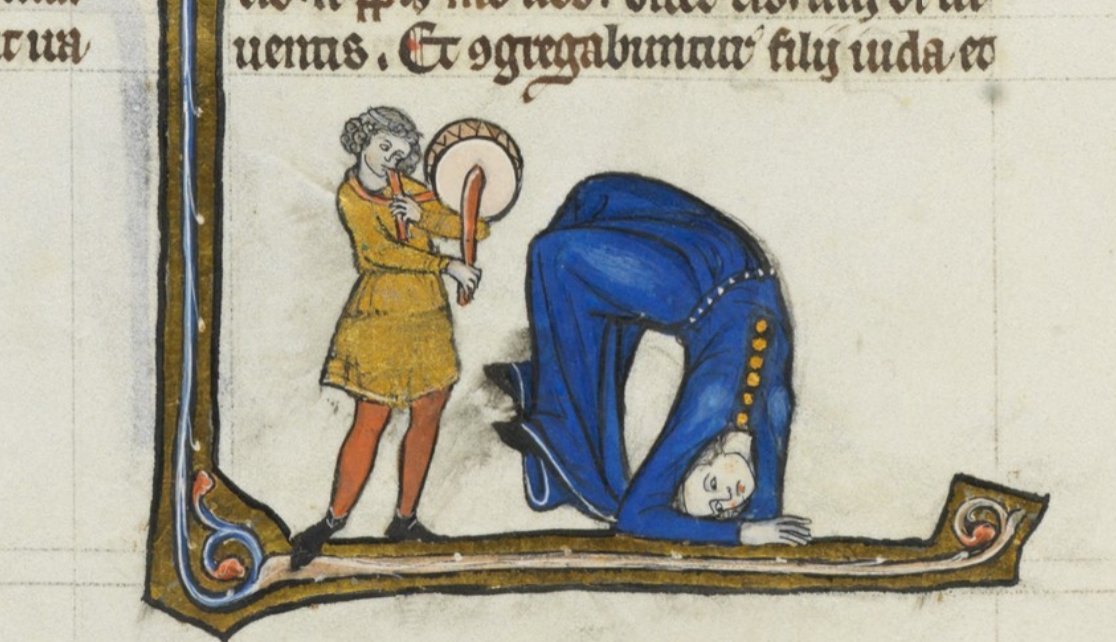I want to summarize a recent article by Dave Wilton that uses linguistic corpus analysis to see how the term "Anglo-Saxon" is used generally across the world. Spoiler: it's primarily a racial term, not a reference to pre-1066. #MedievalTwitter
https://muse.jhu.edu/article/766894
https://muse.jhu.edu/article/766894
Wilton found concrete, extensive evidence for what scholars of color have been saying for a while: English-speakers use the term "Anglo-Saxon" primarily as a racial term, rather than a historical one. Usage varies somewhat depending on the country.
Wilton notes the downfalls of his corpus analysis to-date: while American corpus data is plentiful, British data is less so. Thus he draws primarily on a corpus of British politicians' speeches, as well as post-1980 corpuses covering British & world usage more broadly.
Wilton summarizes what most of us have been saying for a while: pre-Conquest uses of the term are primarily Continental, not English, and the English uses are in Latin and confined to royal titles during a brief period. There are almost no uses of the term in Old English.
Wilton traces the revival of the term to William Camden’s 1586 Britannia, which inspired George Puttenham's 1589 The Arte of English Poesie to use it. Puttenham was the first *English* language use of the term since the Conquest. Early modern uses are almost all historical.
At the end of the 18th-century, however, the term begins to be used to describe contemporary people, entering an era of a racialized use that continues unabated until the present.
At first, it heavily was used to refer to English institutions ("Anglo-Saxon law"), then more frequently to refer to people ("the Anglo-Saxon race").
In contemporary, post-1970 usage, Wilton determines that fully two-thirds of American usages are ethno-racial.
Canadian usage is even higher, with ethno-racial uses amounting to about 74% of all uses.
Canadian usage is even higher, with ethno-racial uses amounting to about 74% of all uses.
By examining a corpus of British use from 1980-93, and of news media use from 2012–13 and 2017–18, Wilton determines that British use of the term primarily refers to a historical period, not an ethno-racial use.
That said, about 1/10 British uses are ethno-racial.
That said, about 1/10 British uses are ethno-racial.
Corpus analysis of other English-speaking countries is less complete, but Wilton shows that the political-cultural use predominates in all the English-speaking media he analyzes, with the exception of Austrailia and New Zealand, where the ethno-racial use predominates.
This conclusion does not vary strongly between academic & non-academic use. Among Canadian and American academics, the ethno-racial use predominates, suggesting, as Wilton states, "that use of the term by medievalists is out of step with everyone else, including other academics."
One conclusion that Wilton does not draw but which appears likely from the evidence is that the UK/rest of the world distinction in its use of the term is likely due to British colonialism. As the colonial metropole, the UK's usage naturally varies from the usage in its colonies.
Nonetheless, the world-wide ethno-racial use of the term reflects strongly the language of English imperialism. This is most evident in the three major countries where the ethno-racial use predominates: US, Canada, and Austrailia. Each of these is a UK settler-colony.
Should it surprise us that the ethno-racial use of the term "Anglo-Saxon" dominates in places where the British Empire settled and committed genocide against the native population? The term's historical use in the Americas was connected strongly to the doctrine of imperialism.
British scholars may wish to suggest that they are unaffected by how the Americans (etc) use the term, but evidence implies the role of British imperialism in the term's ethno-racial use across the world.
White medievalists contorting themselves to find an argument for describing a historical period and group using a term that generally means "white."
(Lausanne, Bibliothèque cantonale et universitaire, MS U 964, f. 343r)
(Lausanne, Bibliothèque cantonale et universitaire, MS U 964, f. 343r)
For more on the debate about medievalists' use of this clearly racial term to refer to pre-Conquest English, see these three excellent summaries by @ISASaxonists: https://mrambaranolm.medium.com/history-bites-resources-on-the-problematic-term-anglo-saxon-part-1-9320b6a09eb7
Tl;dr: the use of the term "Anglo-Saxon" to refer to England pre-1066 is a minority usage everywhere but Britain. The term primarily refers either to modern political institutions, or serves as an ethno-racial label for white people (the primary use in US/Canada/Australia).

 Read on Twitter
Read on Twitter
